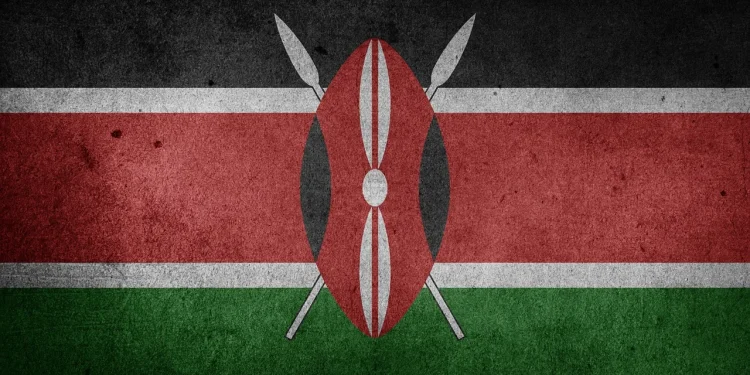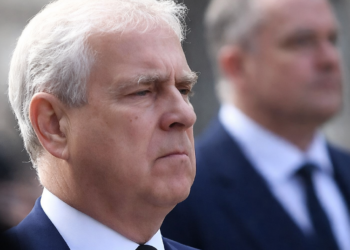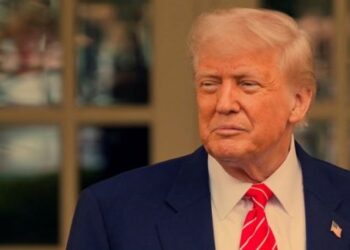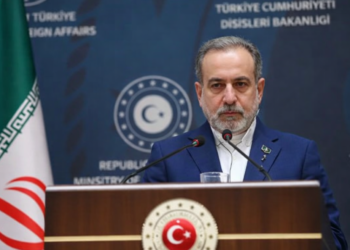Kenya has replaced the terrorism charge against activist Boniface Mwangi with a lesser offence of unlawful possession of ammunition. This decision followed public outrage and condemnation of what many described as a desperate move to silence dissent. Mwangi was accused of facilitating terrorist acts, a charge he denied, insisting he is being targeted for standing up to the government.
Terror Charge Dropped Amid Protests
Mwangi, a prominent voice against President William Ruto’s administration, was arrested on Saturday and accused of aiding terrorist activities. The Directorate of Criminal Investigations had claimed he was linked to violent protests. However, on Monday, the terror charge was dropped, and Mwangi faced a new accusation of possessing “three teargas canisters without lawful authority” and a single round of blank ammunition. He pleaded not guilty and secured bail of one million shillings.
Mwangi Blames Ruto’s Fear of Young People
Speaking outside the Nairobi court, Mwangi accused the president of being afraid of the youth. “The truth is our president is scared of young people, because young people are organising by themselves, they are going to the streets, they are demanding better,” he said. “Our president thinks people are being paid to go to the streets, and they think I am the financer. People hate Ruto for free.”
Rights Groups Condemn the Government’s Actions
Human rights organisations have expressed concern about the misuse of terrorism laws to intimidate protesters. A coalition of rights groups welcomed the dropping of Mwangi’s terror charge but warned that over 100 other protesters still face similar accusations. They urged the government to “abandon this dangerous approach to managing public dissent.”
History of Arrests and Abuse
Mwangi, who has been arrested multiple times, faced detention in Tanzania earlier this year while attending opposition leader Tundu Lissu’s trial. He and Ugandan activist Agather Atuhaire alleged they were tortured and sexually abused by Tanzanian police before being released. Their case against the Kenyan, Tanzanian, and Ugandan governments is now before the East African Court of Justice.
Protests and Rising Tensions
Mwangi’s case is no longer just about one man, it reflects a bigger fight for freedom of expression and the right to protest without fear. Dropping the terror charge may feel like a small victory, but the government’s heavy-handed tactics continue to raise questions about democracy in Kenya. As the streets remain restless and the youth refuse to back down, the conversation about Kenya replacing Mwangi’s terror charge with a lesser offence will continue to echo in the country’s political space, reminding leaders that silencing dissent only fuels more resistance.


















